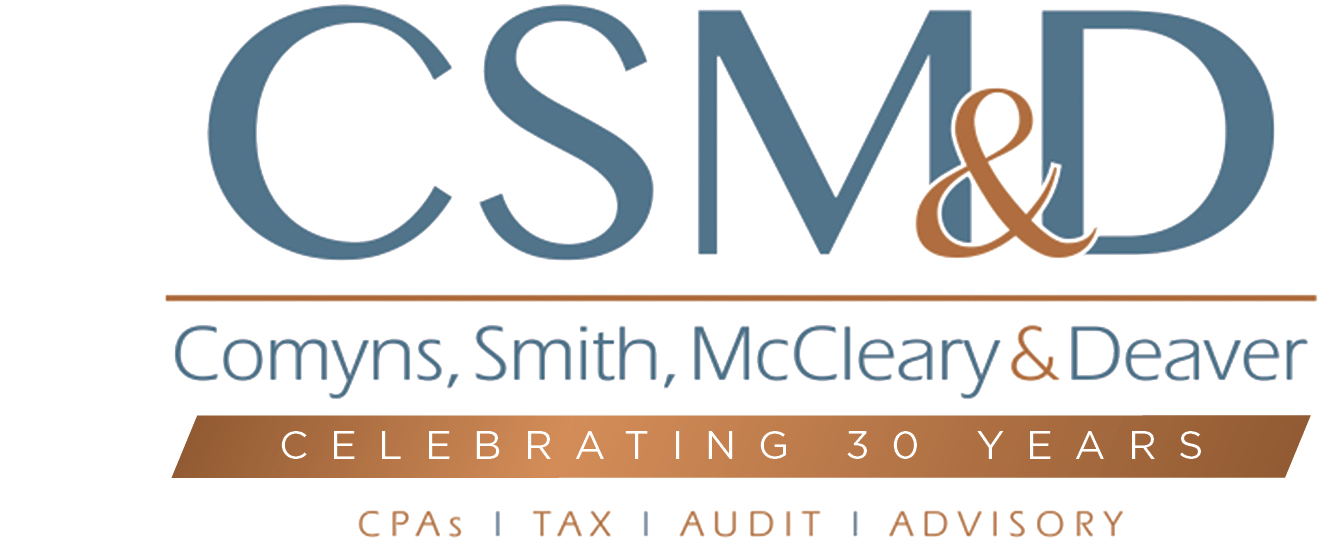by Mike Godfrey, Tax-News.com, Washington
24 July 2020
The United States Council for International Business has called on US authorities to focus its efforts on working with other countries to arrive at an international tax solution to the digitalized economy, rather than tackling countries’ unilateral responses.
On June 2, 2020, the United States Trade Representative announced the launch of investigations into digital services taxes (DSTs) that have been adopted or are being considered by several of America’s trading partners – namely, by Austria, Brazil, the Czech Republic, the European Union, India, Indonesia, Italy, Spain, Turkey, and the United Kingdom.
The USTR said that the investigations will be conducted under Section 301 of the 1974 Trade Act, which gives the USTR broad authority to investigate and respond to a foreign country’s action which may be unfair or discriminatory and negatively affect US commerce. The US is concerned the taxes are extraterritorial, tax turnover and not profits, and “penalize” particular technology companies for their commercial success, affecting US taxpayers in particular.
The USCIB’s Vice President for Taxation Policy, Carol Doran Klein, said, while “the DSTs under investigation are a poor choice to address the tax issues arising from digitalization of the economy and will work against the economic recovery they are intended to help fund”, she urged US authorities “to work cooperatively to find an appropriate multilateral solution to taxing the digitalizing economy that does not unduly burden US interests and fosters certainty for business.”
The USCIB provided comments to the United States Trade Representative (USTR) regarding the Section 301 investigations. It stated: “Because a balanced-negotiated solution that addresses the tax challenges arising from the digitalization of the economy is preferable to increasing trade tensions, USCIB urges USTR to strive to achieve such a multilateral solution. USCIB members are concerned about the
discriminatory and distortive implications which these enacted and proposed DSTs represent. USCIB members also believe that tariffs are rarely appropriate, should only be considered after
following appropriate procedures and be appropriately targeted, and should not interfere with economic recovery from the COVID pandemic.”
The USCIB said many of its members had expressed “deep concern” about the potential cost of tariffs involving over 30 countries – both Section 301 tariffs
and possible retaliatory tariffs – to US businesses, consumers, and the broader economy.
“USCIB urges USTR to diversify its tools for enforcement and use them strategically in service of an optimal outcome for the entire US business community in these cases,” the USCIB stated. Its submission lists a number of alternative measures and efforts the US could pursue to arrive at a balanced resolution in bilateral and multilateral talks.
The USCIB did, however, state its belief that there are certain hallmarks of the DSTs under investigation that suggest they
are discriminatory or unreasonable. “These hallmarks,” according to the USCIB, “include:
- application only to nonresidents;
- a high-monetary threshold for application, which may substitute for a rule explicitly applying the tax only to non-residents;
- a gross-basis tax that is intended as a substitute for a net basis tax on net income, particularly if the rate of tax is high, and the tax is likely to result in double or multiple taxation;
- the proportionality of the tax to total system profits; and
- the procedure followed in adopting the tax, with the taxes adopted with little opportunity for comment.”
